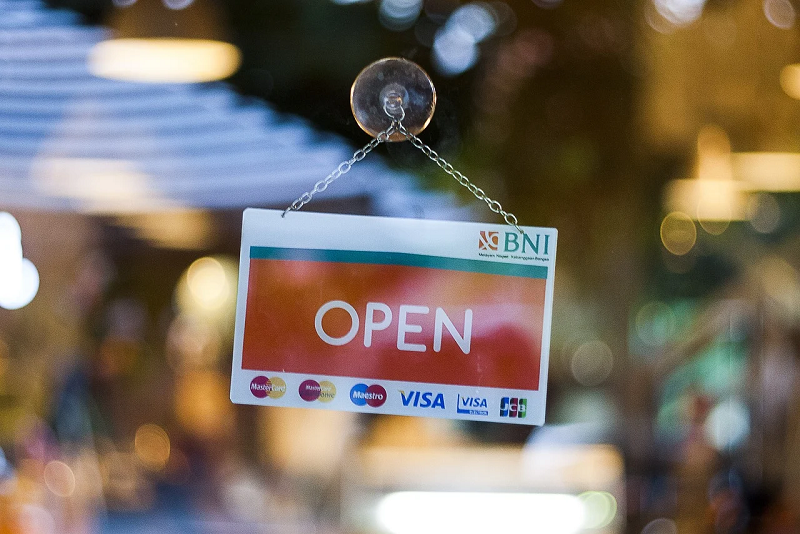Following the rapid transformation of the retail sector in recent months, eCommerce platform Kooomo assesses what’s changed and what the post-COVID retail sector looks like
Next week, all non-essential retailers have the opportunity to reopen their physical doors, once again welcoming customers into their bricks and mortar stores. While the changes that have come with the pandemic are vast and the retail sector in particular has been gravely affected, as retailers look to re-open, digital eCommerce solutions specialist, Kooomo believes that there are aspects to shopping that are in no doubt, here to stay once restrictions have been eased.
Ciaran Bollard, CEO of Kooomo says: “As retailers reopen all of their routes to market, they are faced with a number of changes within the sector. Retailers need to ensure they’re prepared for these changes and forward thinking in their approach to welcoming customers. Attitudes have changed, habits have changed and as ever, retailers must reflect these changes in order to maintain competitive advantage through maintaining a superior customer experience across all channels.”
Ciaran outlines that the three key areas that retailers need to reflect will include a continuing presence online, ensuring social distancing measures are observed within stores and enabling contactless interactions wherever possible, in particular, with payment processing.
According to McKinsey[1], as restrictions begin to ease and the new normal unfolds, consumers indicate they will adopt long-term behavioural changes that will last beyond COVID-19. Ciaran comments, “the online shopping habits that have developed during lockdown are unlikely to be reverted. eCommerce habits tend to form during naturally busy periods, such as Christmas, and once those habits already have momentum, they are unlikely to subside.
“Retailers who haven’t already created a digital branch of their brand should consider doing so as soon as possible, as it may be the answer to, not only ensuring their longevity but driving customers back to their physical stores as restrictions ease.”
Ciaran also outlines that with no end in sight for social distancing measures, retailers need to not only consider the number of people allowed in store at any given time, but also the number of team members: “Assigning members of the team to count numbers, ensure the amount of people inside is below the maximum and supervise the “one in, one out” system will be necessary. They may also consider clearing stock on their floor to allow for better social distancing and where possible, implementing a floor plan to allow for a steady, distanced flow of those entering and those leaving the store.
“We have seen many businesses such as cafe’s and chemists place screens on their premises through which they are able to trade safely, and if retailers continue to switch to omnichannel solutions, click and collect services may be supported in the same manner,” adds Ciaran. “While shopping online has bridged the gap between lockdown life and continued purchasing, it still doesn’t provide instant gratification – which click and collect may be able to satisfy to a certain degree.”
Additionally, retailers need to prioritise the safety of their workforce, consider altered hours such as ‘elderly / vulnerable hour’ and put new cleaning measures in place. With this in mind, Ciaran believes it’s unlikely that fitting rooms will be available for the months to come as they create a challenge in terms of cleaning the garments.
Ciaran also outlines that a further key change in store will be the use of contactless payments. He says: “Before the pandemic, there had already been vast popularity in the use of contactless payments over cash and as cash payments have been widely discouraged during lockdown, we can assume the habits around this will remain in place. In Ireland, the limit on contactless payments was increased from €30 to €50 from April 1st, and from £30 to £45 in the UK – we may see this increase again as the new normal takes hold.
“While we cannot be certain of what the future will hold, and what further changes will be seen, what we can be certain of is that the retail sector has dramatically changed. As stores reopen next week, those considering these changes to long term habits, rather than just doing the bare minimum right now will be those that prosper,” concludes Ciaran.
Source: Kooomo

